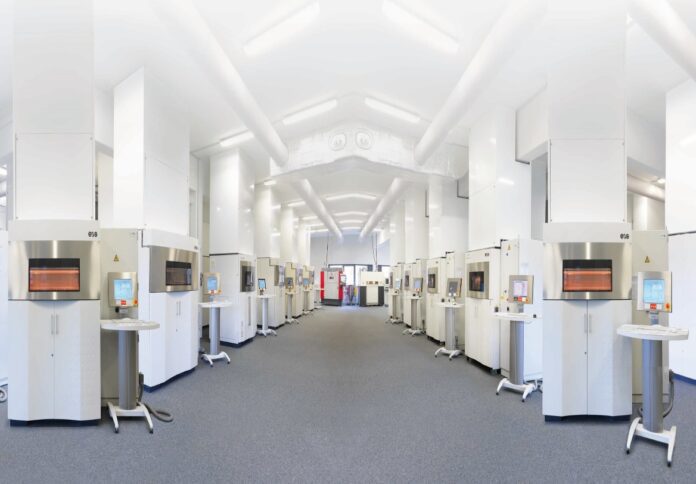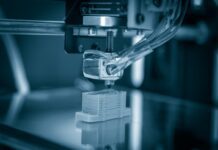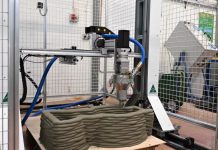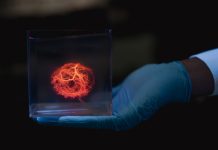
FKM Additive Manufacturing, Germany’s largest full-service powder bed fusion (PBF) 3D printing bureau, has invested in Dimensionics Density technology, enabling the company to help its customers achieve the objective of a completely automated AM process chain.
In a press release, Dimensions stated that by using automated density determination technologies manufacturers and subcontractors like FKM can reduce human error, increase production speed, ensure higher precision, and maintain quality control by automating tasks like part design optimisation, slicing, material handling, printing, post-processing, and validation.
FKM’s investment in density determination technology, according to Philipp Pruesse, head of Sales at Dimensionics Density, demonstrates that prominent players in the AM sector appreciate the disruptive potential of the solution when it comes to quality control in real AM production scenarios.
“For AM to continue to disrupt the manufacturing paradigm, the entire AM process chain needs to move towards automation,” Pruesse said.
He added, “Because of this, our density determination solutions are fully automated, and of vital importance, are designed to be used in busy production settings, not just in the laboratory.”
According to Stefan Behlert, head of Quality at FKM, as more clients look to AM as a production technique, it is becoming increasingly necessary for the 3D printing bureau to optimise a variety of tight quality control systems, providing confidence in outcomes and therefore strengthening customer relationships.
“Considering the large number of build jobs and parts that we are producing every day, the need arises for a speedy and precise non-destructive density determination testing technology for AM,” Behlert explained.
The FKM official also shared that as a way to validate the technology, Dimensionics Density provided free sample testing and the computation of an ROI in accordance with the number of samples FKM intends to measure each year.
Behlert said both generated convincing results, resulting in the purchase of one piece of equipment for FKM’s quality laboratory.
Additionally, the density determination machine has been customised for FKM, and it will be able to test not only the density of cubes, but also tensile rods and, when not too huge, finished build products.
This will allow FKM to improve its quality assurance process and better utilise employee time on behalf of clients, Dimensionics stated.
“By automating the measurement of part density, companies like FKM can ensure consistent material properties, identify defects or inconsistencies early in the production process, and maintain stringent quality standards,” Pruesse concluded.




















